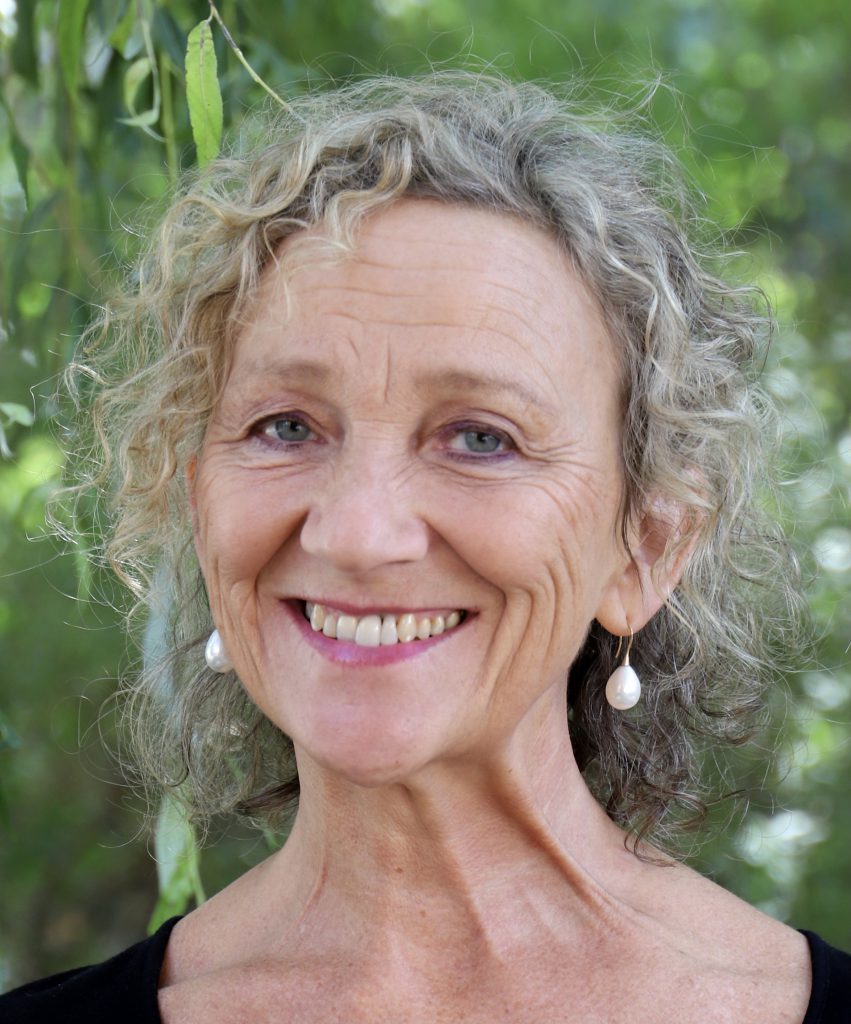Hanne Rinholm is Associate Professor of Music at the Department of Primary and Secondary Teacher Education at Oslo Metropolitan University. Prior to her academic career she worked as a pianist and singer, music teacher, choir conductor and songwriter in Germany and Norway. She is currently involved in the multi-disciplinary project TEQ21 besides FUTURED. She is further Program Co-Chair of the International Society for the Philosophy of Music Education (ISPME) and Chair of the International Music Education Conference, a collaboration between OsloMet and Kyambogo University in Kampala, Uganda. Her research interests especially concern the role of musical experience in education and in the lives of young people, as well as the use of dialogic approaches for meaningful music education. This is in line with one of the main aims of the FUTURED project, which is to promote student voice and participation in music education and music teacher education.

How did you get involved with the FUTURED project?
I was invited to participate by the project manager Catharina Christophersen at HVL together with other colleagues at OsloMet. It is important for me personally and professionally, and I think not least for OsloMet, to take part in FUTURED as a professional and cross-institutional collaboration for the development of music teacher education in Norway.
How would you describe what you are doing in the FUTURED project?
I am connected to WP 2 together with my colleagues Silje Valde Onsrud and Bendik Fredriksen. We have been conducting participatory action research with preservice music teachers who have been invited to reflect critically on and envision future perspectives for their own education. We are currently working closely together, partly including our guest researchers Judy Lewis and Monica Lindgren, to write and publish research articles on the findings.
What do you find interesting/fascinating and/or exciting about the work in your study?
I regard the issues, questions and dilemmas that we are exploring in our study, not least the issue of student voice and participation, as being very relevant in a time when critical thinking and democratic citizenship are threatened by populist movements and post-truth.
What is your favourite aspect of your research in FUTURED?
I enjoy thinking, discussing and writing together with such brilliant colleagues. My interest in dialogue in education not only concerns the dialogue between teachers and students, but also the scholarly dialogue – which to a large degree is furthered through the common work in this study.
This interview is taking place halfway through the project. Where are you heading for the future?
I would like to participate in further projects building on the results from FUTURED aiming at renewing and improving the quality of music teacher education.